Dietary fiber is an essential nutrient, although most of us just don’t eat enough. This post will explain why you need fiber every day. We’ll also list 21 healthy foods you can enjoy to get more of this much-needed nutrient.
Many foods out there contain fiber. But I think that a lot of us don’t realize the importance of including it in our daily meals. In fact, most Americans eat only half of the recommended daily amount. We need to eat more fiber, folks!
Why is fiber valuable? Eating fiber helps maintain a healthy body. Fiber cleans out the intestines, removes bacteria, reduces colon cancer risk, and keeps your bowels moving regularly. Besides the health benefits is the fact that fiber-rich foods are delicious and easy to incorporate into your diet.
Eating more fiber is a stepping stone toward being healthy. More people are making attempts to eat better foods and exercise every day. As well, eliminating processed foods, making homemade meals instead of dining out – all of these efforts are paying off.
So, include fiber as part of your balanced diet. Read on, and I’ll tell you how easy it is to do!
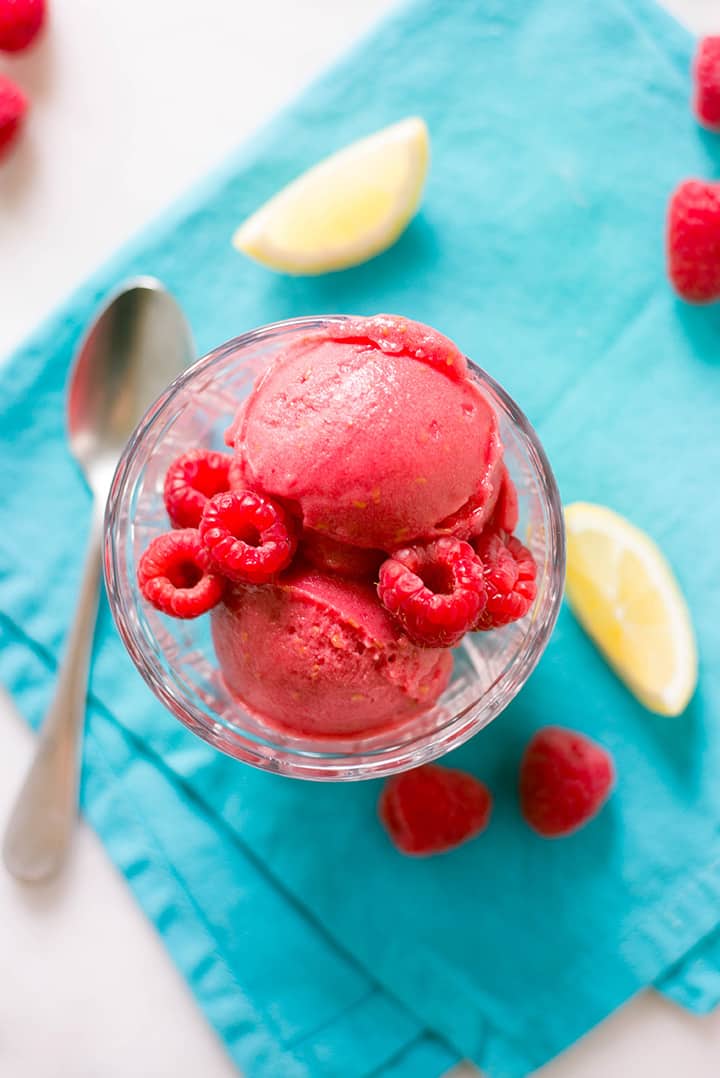
WHAT IS FIBER?
Fiber is plant-based roughage. It’s a carbohydrate that is not easily broken down and passes through the intestinal system pretty well-intact. This is a good thing in that it keeps your digestive system in good shape. Fiber performs all kinds of crucial functions, like flushing carcinogens out of the body, and keeping the digestive system functioning regularly.
There are two types of fiber:
- Soluble fiber, for example, glucomannan and beta-glucan, mix with water in the body. They form a gel-like substance that slows the digestion of food.
- Insoluble fiber does not mix with water and helps the digestive system pass food easily.
To tell the difference between the two, picture them with the effects of water. Oatmeal is soluble and gets sticky and thick when wet, so slows the digestion as it moves through the body. Celery is insoluble as it stays crunchy when mixed with water.
WHAT ARE THE BENEFITS OF FIBER?
How fiber is good for you is pretty easily explained. Everything about it is essential to a healthy body.
- Digestive system: Eating a balanced diet that includes a daily intake of fiber is key to a healthy digestive system. The recommended daily intake of fiber for women is 25 grams, and for men, 38 grams.
- Colon: Fiber acts like a scrub brush moving through your colon, removing buildup and bacteria, which in turn, reduces colon cancer risk.
- Bloodstream: The sugar in the fiber-rich foods you eat is absorbed slowly. This keeps your blood glucose levels from rising too fast. A spike in sugar makes you feel sluggish afterward and can make you feel hungry. Soluble fiber is also known to help keep cholesterol levels down.
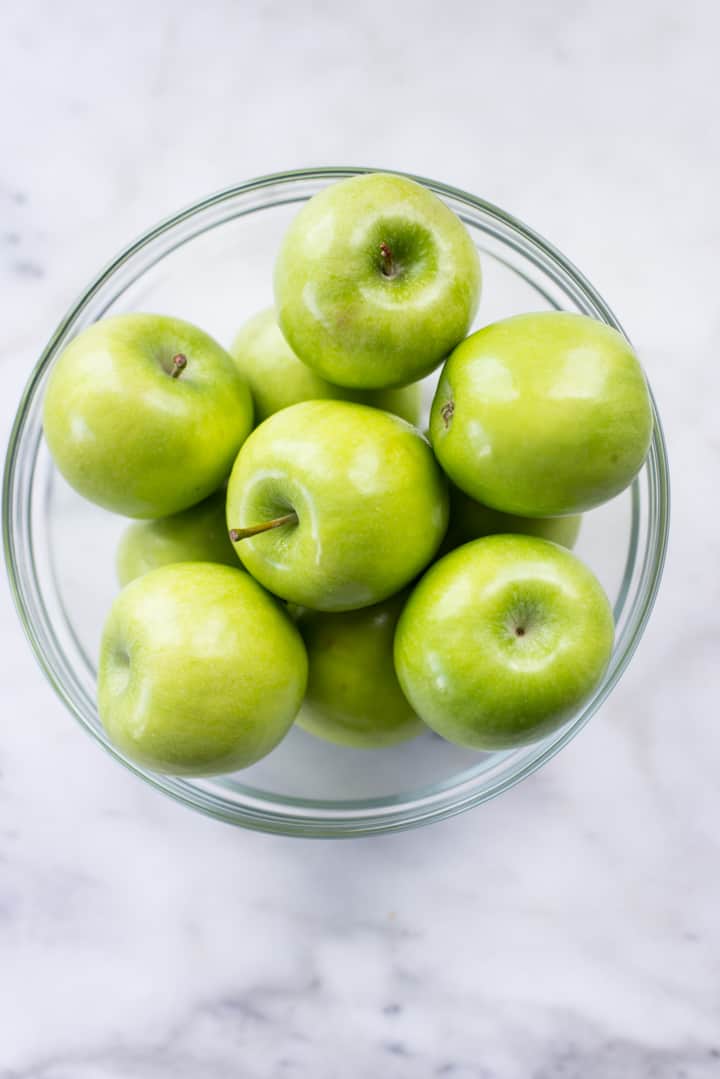
IS FIBER GOOD FOR WEIGHT LOSS?
Soluble fiber is especially good for weight loss. People who eat more soluble fiber have a lower risk of accumulating belly fat. It is also a natural appetite suppressant and helps to regulate the hormones associated with appetite control.
Soluble fiber is known to increase the production of hormones (namely GLP-1 and peptide YY, among others) that make you feel full. Because fiber slows the movement of food through the stomach, you feel less hungry between meals.
A few of the sources are sweet potatoes, flax seeds, and oatmeal. If you are not eating a lot of fiber right now, add it to your diet gradually to avoid bloating and cramps. Once your system is used to it, lots of fiber is a good thing.
21 TOP FOODS HIGH IN FIBER
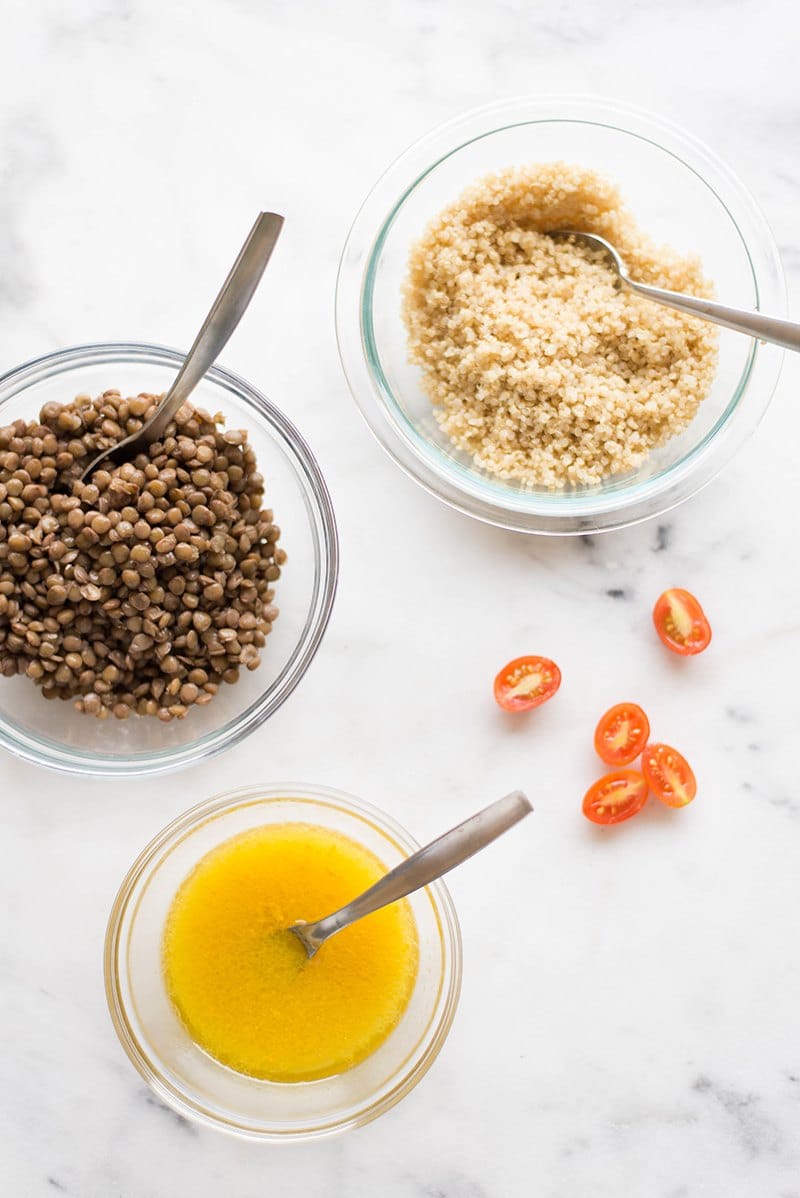
1. LENTILS
Lentils are full of fiber! They are inexpensive, make a fabulous soup, and go well in salads. Vegans often eat them for their protein content, but even those who consume meat should eat lentils. One cup has 15.6 grams of fiber!
2. KIDNEY BEANS
Kidney beans are a legume high in fiber. One cup contains 11.3 grams. They are an economical way to add protein, fiber, and other nutrients to your diet.
3. CHICKPEAS
Chickpeas are packed with protein and fiber. They have lots of vitamins and minerals, and they fill you up, helping you to maintain your weight because of the high-fiber, low-calorie makeup.
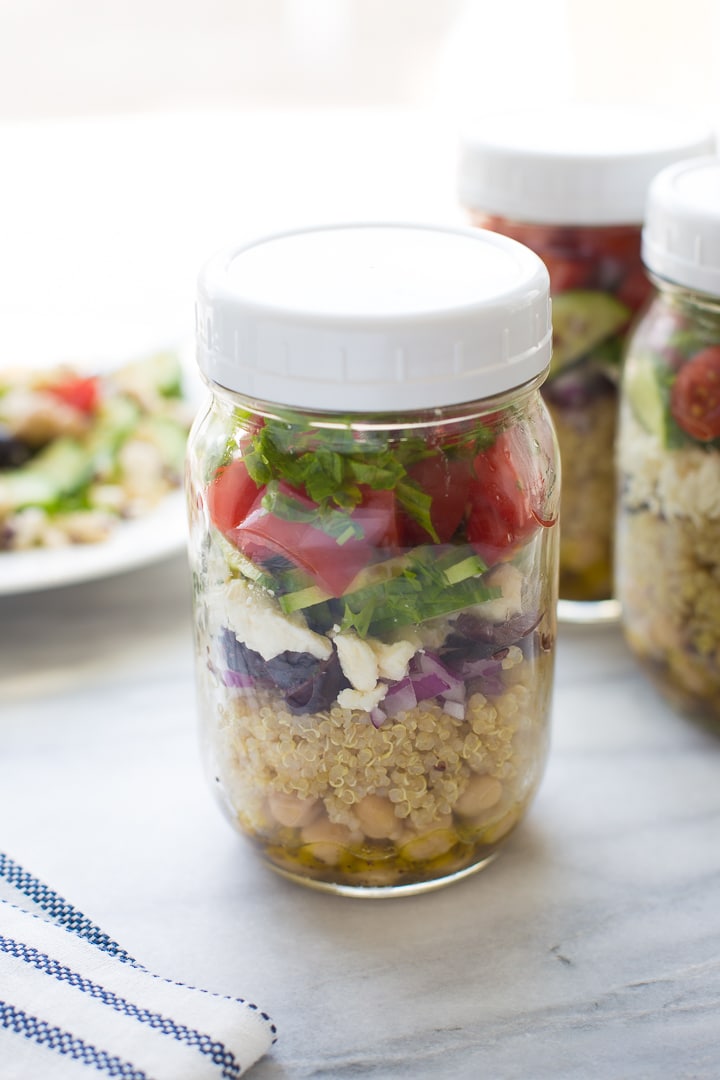
4. QUINOA
Quinoa is a tasty, gluten-free food that is high in protein and fiber. One cup of cooked quinoa contains 5.2 grams per cup.
5. AVOCADO
Avocado has 13 grams of fiber per avocado. One serving typically gives you just under 5 grams. This power-packed food contains both insoluble and soluble fiber, which is great for the digestive system, not to mention they make delicious guacamole!
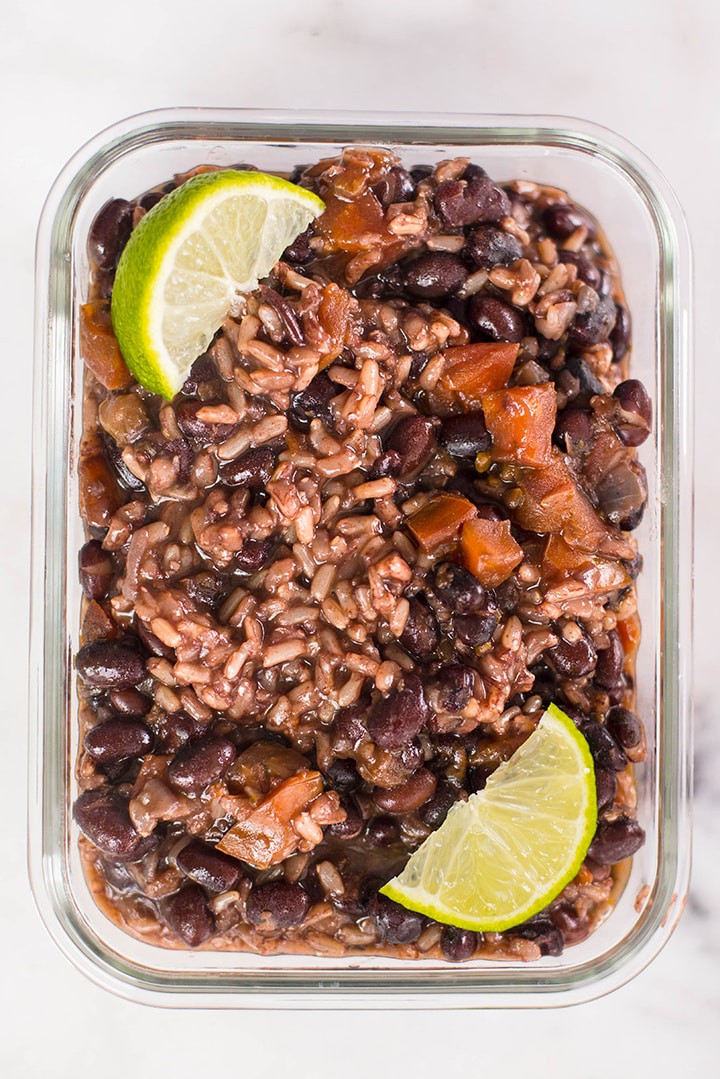
6. BROWN RICE
Brown rice has more fiber than white rice, and that is why we should eat it more often than white. Brown rice still has the husk, which is the fibrous part.
7. WHOLE GRAIN BREAD
When you purchase whole grain bread, read the label to make sure there are at least 3 grams of fiber per serving. As well, check the sugar content. The amount of sugar should be low, with no added sugar.
8. PEARS
Pears are very high in fiber. It’s considered one of the best fruits out there as far as fiber goes. How much per pear? There are 5.5 grams in a medium-sized pear.
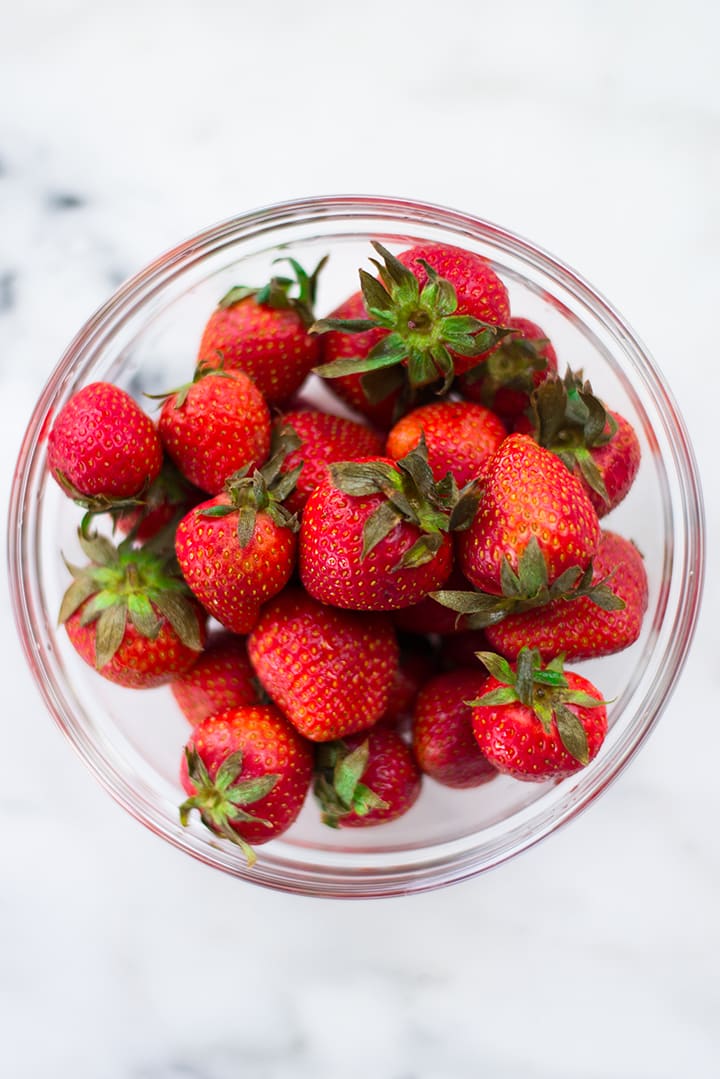
9. STRAWBERRIES
Given their size, strawberries are considered nutrient-dense food. They taste fantastic dipped in chocolate and have 3 grams of fiber in one cup. Enjoy a heaping bowl – you'll get tons of antioxidants and Vitamin C.
10. APPLES
A medium-sized apple has 4.4 grams of fiber. The soluble fiber pectin has health benefits like a reduction in heart disease. The digestive system is improved with the consumption of apples.
11. RASPBERRIES
Manganese and Vitamin C are found in raspberries. One cup of raspberries contains 8 grams of fiber. Top your pancakes with them or make Raspberry Chia Jam as a way to incorporate this healthy fruit into your diet.
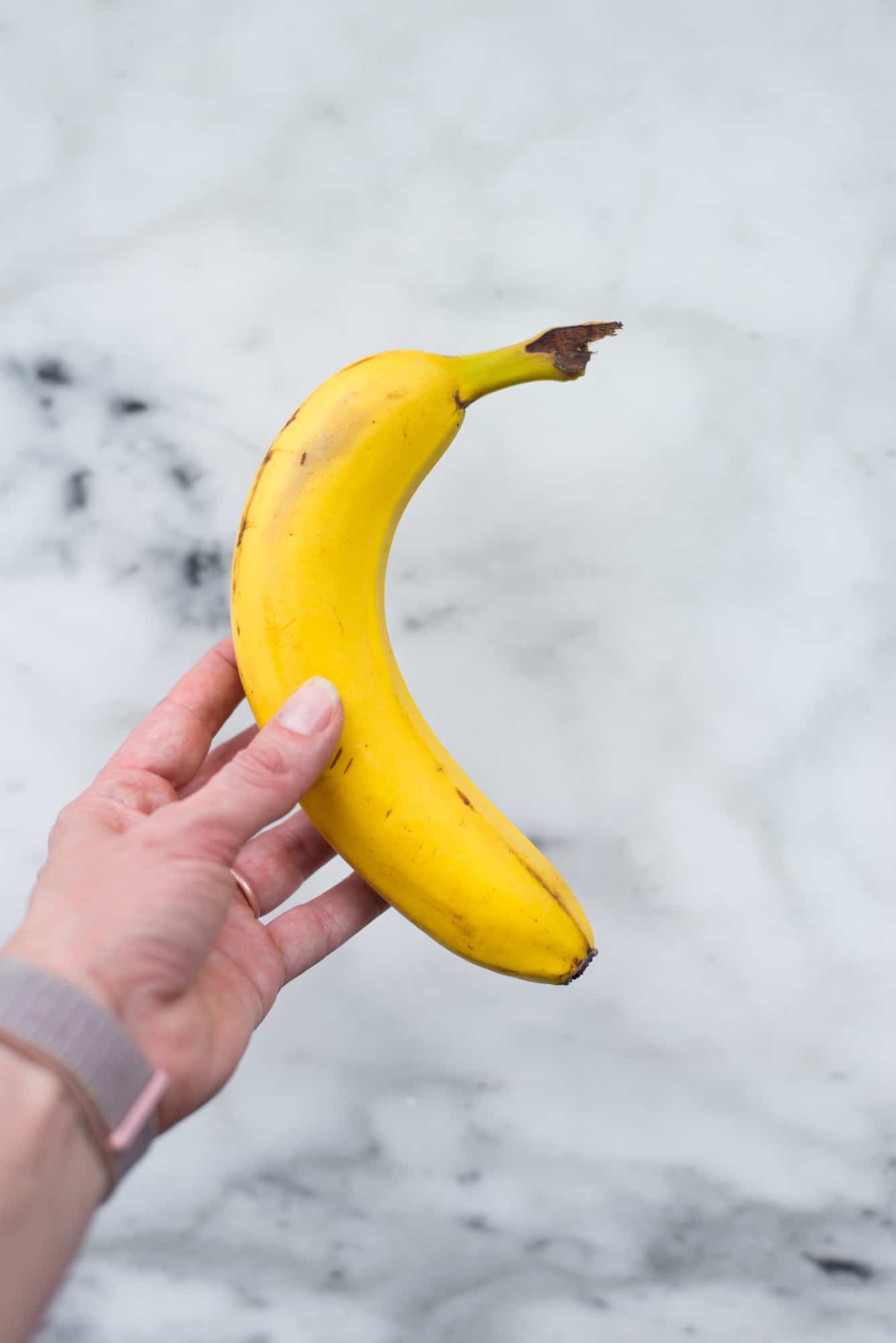
12. BANANAS
Bananas are well-revered due to their high potassium content. A medium-sized banana has 3.1 grams of fiber. This fruit also fills you up, and they sweetly satisfy.
13. CARROTS
Root vegetables are very nutritious. One that is popular with dip is the carrot. They are low in calories and contain several vitamins, such as K and B6, as well as beta-carotene.
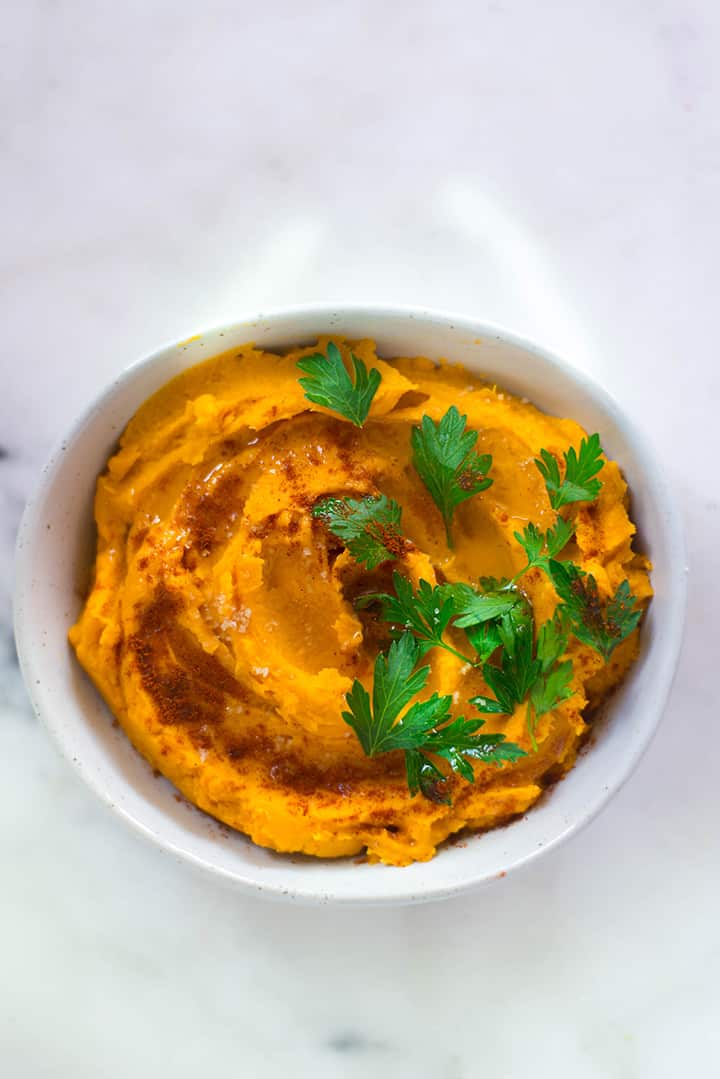
14. SWEET POTATOES
Who doesn’t love sweet potato? They are so yummy in hummus, which is an easy way to get your daily fiber requirement.
15. BEETS
Not everyone thinks to include beets in their diet. This root vegetable contains nitrates that regulate blood pressure and fight against inflammation. After eating beets, there is an increase in blood flow to the brain. A cup of beets has 3.8 grams per cup.
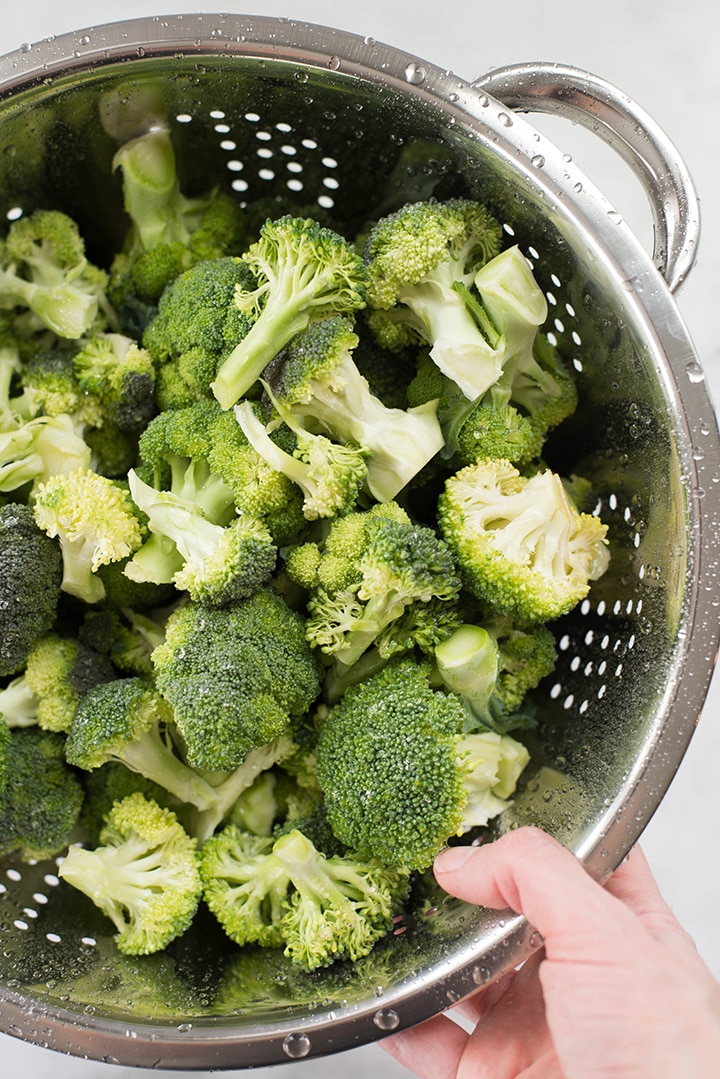
16. BROCCOLI
We all know that broccoli is a nutritional food that has a lot going for it. It’s a cancer-fighting vegetable and is high in protein, too. Try a salad made with broccoli and get a good portion of your fiber requirement in one meal.
17. BRUSSEL SPROUTS
The Brussel sprout is related to broccoli and is no less nutritional. There are 4 grams of fiber in a cup of Brussel sprouts. They have antioxidants that fight cancer and potassium, too. Not sure how to cook them? Try roasting Brussel sprouts.

18. OATS
Oats are a healthy grain full of good-for-you things, along with a high amount of soluble fiber. One cup of raw oats has 16.5 grams of fiber.
19. ALMONDS
Almonds are high in fiber at 3.4 grams per ounce. Other nuts fit the bill, too, like pistachios and walnuts. Add nuts to salads for a crunchy, fiber-filled addition.
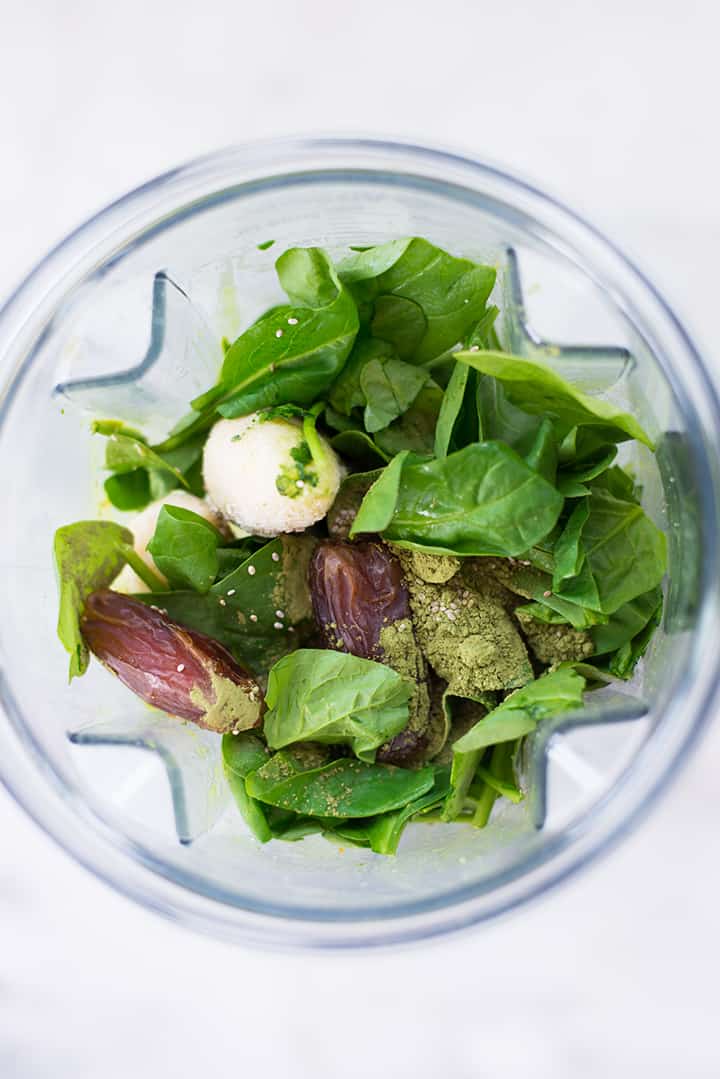
20. CHIA SEEDS
Chia seeds are known as a nutritious addition to shakes, salads, bagel toppings, and more. One ounce of chia seeds has 10.6 grams of fiber, making them a definite go-to when you want to add extra fiber to your diet.
21. DARK CHOCOLATE
Last but not least is incredibly delicious dark chocolate. A one-ounce piece has 3.1 grams of fiber. Make a homemade trail mix with chunks of dark chocolate, pumpkin seeds, and raisins. All three mixed make a fiber-filled treat.
This post contains affiliate links for products I use regularly and highly recommend.

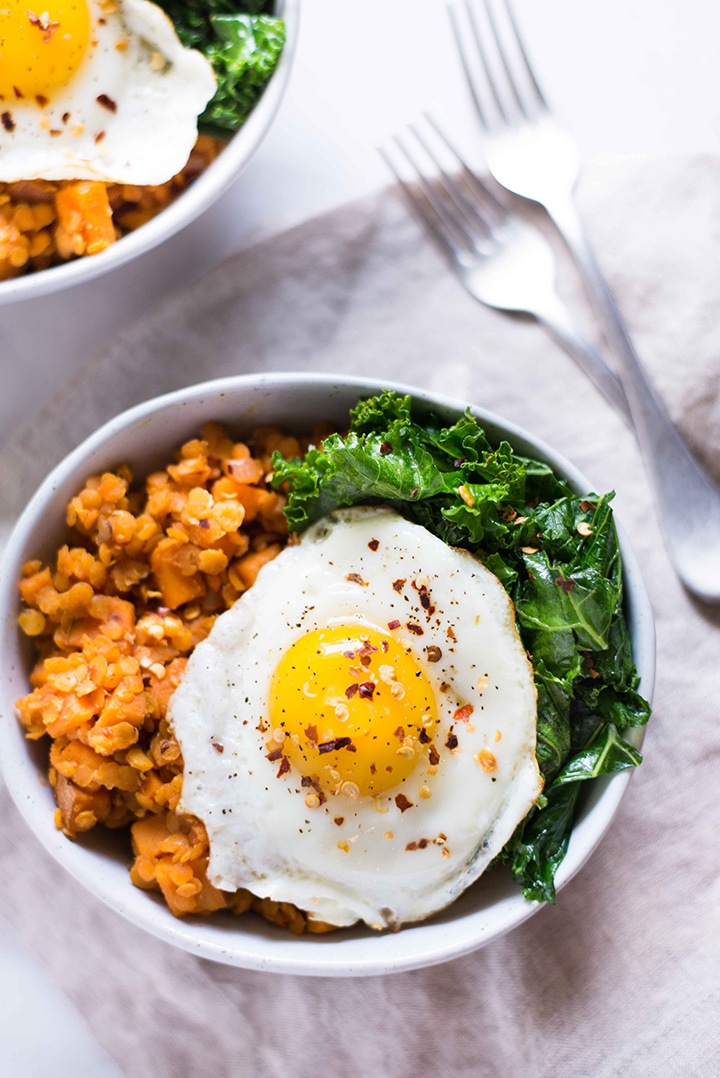
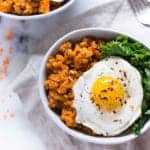
Nancy
Thank you for the information, Lacey. My general MD, nutritionist, the dietician from my insurance company, and my gastroenterologist has told me the same information you shared in this post. My Mayo Clinic physicians tell me the same thing you shared. Great minds think alike! It just drives the point home that weight loss is not a quick fix, it's a healthy lifestyle, lots of water to hydrate the body, fiber to move things along, being reasonable about portion control, cutting back on sugar, unhealthy fats, sodium, and exercising every day. Thanks for recipes and ideas. : )
Jan Zavrel
How about some resources for all those claims?
Toni M
Oh so true!!! We need more fiber in our diets. Loved the great info. Thank you Lacey!
Alfred L Marsh
Thanks for the good info